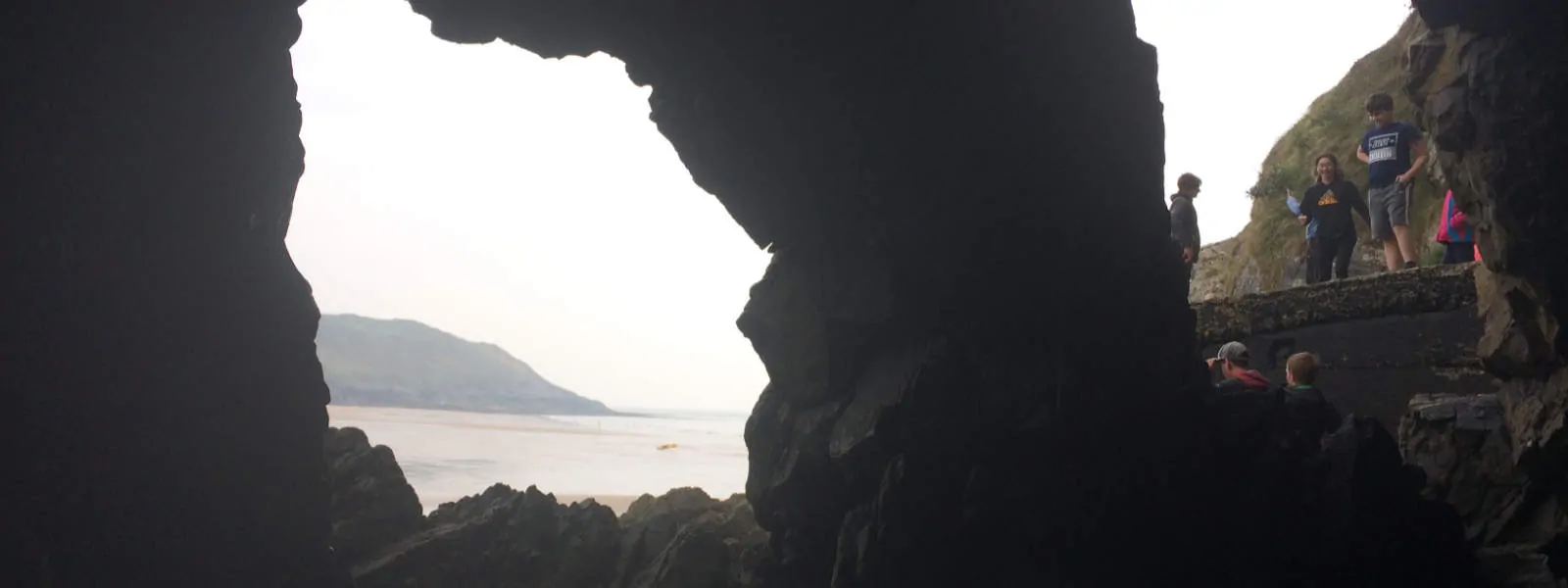This field trip has the following curriculum links
Geography: Education for Sustainable Development and Global Citizenship
Geography: Geographical Skills
Carry out:
– At least one group investigation and one independent investigation into a geographical question or issue.
– Fieldwork to observe and investigate real places and processes.
Ask and answer the questions:
– What are the features, the processes and patterns of this place/environment and why do they occur?
– How and why is this place/environment changing? What might happen next, in the short/long term and why?
– How and why is this place/environment/feature connected to and interdependent with other places/environment/features?
– How do environments and people interact?
– How can changes be sustainable and why is it important for this place/environment?
– What are the geographical issues for people living in this location?
– How and why do people’s views on issues differ and what do I think? How can my actions and those of other people make a difference?
Locally, nationally and globally? KS3.
Geography: Geographical Skills
Study the physical world: the processes and landforms of coasts or rivers. KS3.
Geography: Geographical Skills
Field data collection, evaluating field techniques.
Geography: Investigating
1. Observe and ask questions about a place, environment or a geographical issue, e.g. Why does it flood? How and why is our village changing?
2. Measure, collect and record data through carrying out practical investigations and fieldwork, and using secondary sources, e.g. use instruments to measure rainfall, use GIS, design questionnaires. KS2.
Geography: Investigating
1. Identify and establish sequences of questions for investigation, e.g. What are the processes? How can people manage these processes? What are the issues? What decision would I make?
2. Observe, measure, extract and record data through carrying out practical investigations and fieldwork and using a variety of secondary sources, e.g. carry out land use mapping, use GIS.
3. Analyse and evaluate ideas and evidence, answer questions and justify conclusions, e.g. analyse trends over time, evaluate causes. KS3.
Geography: Knowledge and Understanding of the World
To experience the familiar world through investigating the indoor and outdoor environment. KS1.
Geography: Places and People
Identify natural features, e.g. rivers, hills, beaches, and the human features, e.g. buildings, roads, bridges, of their own locality. KS1.
Geography: Places and People
Recognise how people’s actions can improve or damage the environment. KS1.
Geography: Understanding Places, Environments and Processes
1. Describe and explain physical and human features, e.g. the features of a river, characteristics of economic activity.
2. Explain the causes and effects of physical and human processes and how the processes interrelate.
3. Explain how and why places and environments change and identify trends and future implications. KS3.
Science: Enquiry
Pupils should be given opportunities to carry out different types of enquiry. The number of observations or measurements that need to be made and their range and values to ensure reliability of evidence. The equipment and techniques required for the enquiry Any potential hazards in their work. KS2 and KS3.
